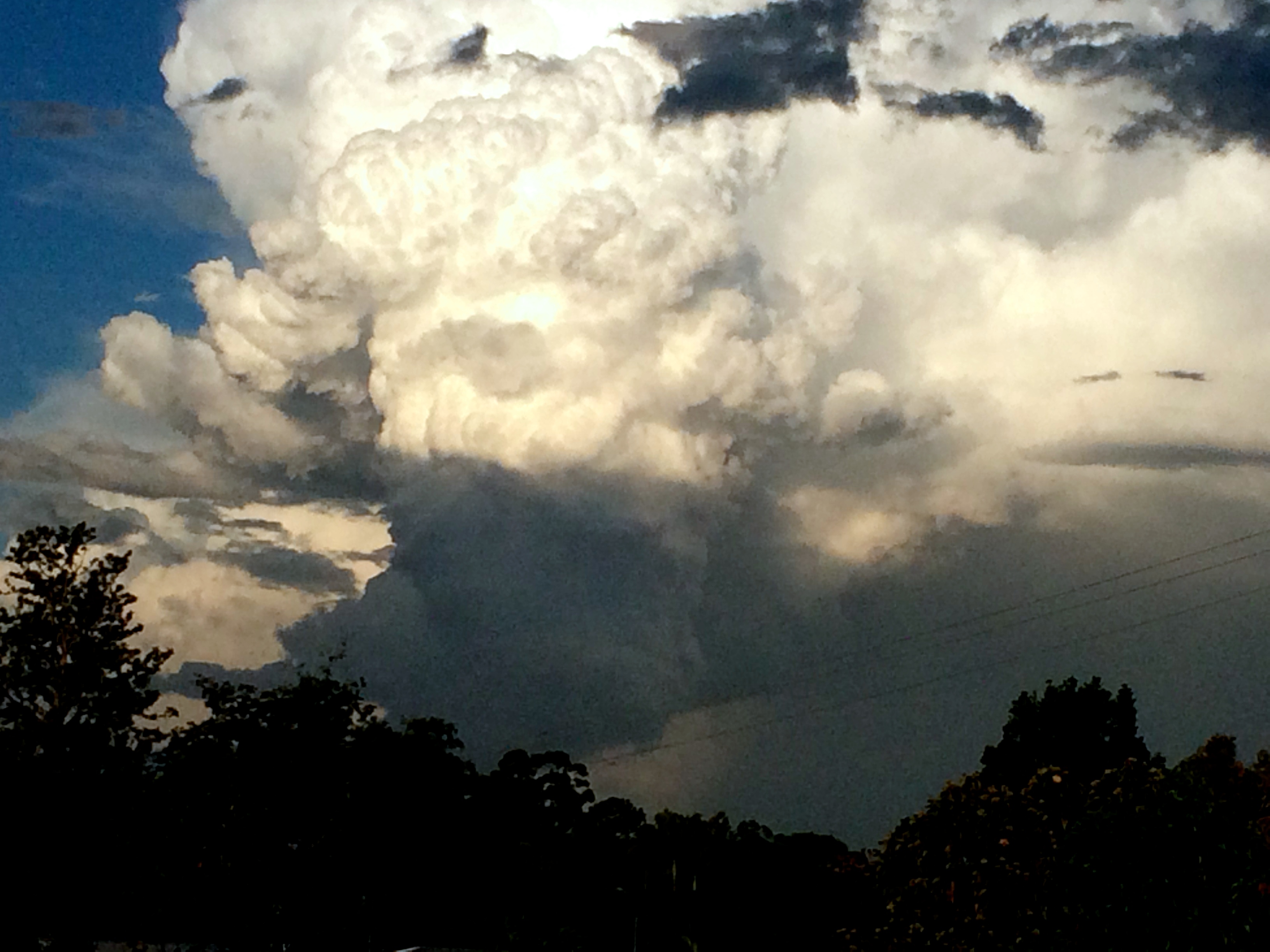Three years ago, I spent several days bent over a bucket cleaning river mud and bacteria-filled slime off Christmas tree decorations, golf clubs and the personal contents of half a house. They were not our possessions and it wasn’t our house that was flooded when the Brisbane River took over the city in 2011.
Catastrophe brings out the best in most people and brings strangers together. At the time of the flood, people were friendlier and more thoughtful. We had a purpose. We were working towards a common good. We were giving without expecting anything back. We had resurrected that old barn-building sense of community. Briefly.
What I realized afterwards, as the city reverted to neighbourly ignoring and clandestine road-rage, was that for the first time since I moved to Australia in 2002, I had experienced a sense of belonging. And I liked it.
As someone who enjoys being different and who likes being a foreigner, this was confronting. I’d associated belonging with other people: people who went along with the herd and conformed instead of forging their own way, people who didn’t want to make a decision on their own. I was someone who sought adventure, who had travelled widely and had lived in four different countries. Belonging would only tie me down. I didn’t need to belong. I was wrong.
A year ago, I set off on my own study of belonging. I asked one simple question: can I actively make myself feel I belong here in Australia? It’s a process that’s changed me.What I’ve come to understand so far is that belonging isn’t necessarily about place. At least not a geographic place. It’s a space deep inside us. It’s the people around us. It’s a way of thinking. It’s actively searching out ways to create meaning in our lives.
True belonging isn’t about giving up our independence or about compromising our values or fitting in. True belonging is a way of life. It’s constantly changing and it’s challenging. It’s about thinking for ourselves and questioning what’s going on around us.
True belonging is about empathy. It’s about including other people, not excluding them, it’s about accepting not just tolerating those who are different, and it’s about trying to connect with the universal Other, not alienate or isolate her or him. Belonging is about embracing diversity and accepting uncertainty.



